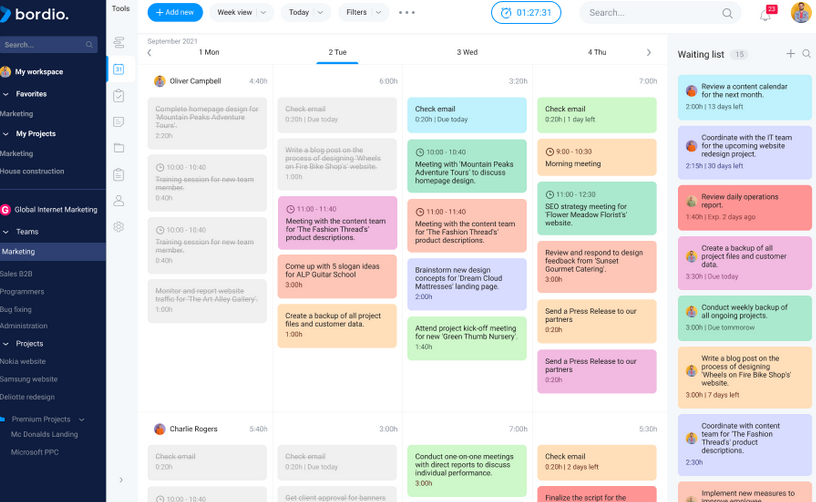Hey there, lifelong learner! Ever stumbled on a task and thought, “I can’t do this”? But then, with some perseverance, found yourself mastering it? That’s the magic of a growth mindset. It’s not about how talented or smart you are; it’s about believing you can improve and grow through effort and experience. Ready to embark on this journey of endless possibilities and self-improvement? Let’s decode the art of fostering a growth mindset and making continuous learning a way of life!
The Tale Of Two Mindsets: Fixed Vs. Growth
At the heart of it, there are two predominant mindsets: fixed and growth. Those with a fixed mindset believe that abilities are static, a hand you’re dealt with and can’t change. On the flip side, those with a growth mindset see abilities as muscles – the more you use and challenge them, the stronger they get. Imagine believing you’re sculpting your brain just like clay, continuously molding and enhancing it!
Challenges Are Opportunities: The Growth Perspective
Do you shy away or take it head-on when faced with a hurdle? Those with a growth mindset view challenges as opportunities to learn. It’s like playing a video game: every challenge overcome is a level-up, adding new skills to your arsenal.
Map Your Growth: Free Tools For Project Management
Maintaining a growth mindset isn’t just about attitude; it’s also about tracking and planning your learning journey. With so many free tools for project management out there, like Trello, Asana, or Bordio, you can set learning goals, map out steps to achieve them, and monitor your progress. Consider these tools as your personal growth GPS, guiding you on your path of continuous improvement.
Feedback Is Gold: The Loop Of Learning
In the world of a growth mindset, feedback isn’t criticism; it’s golden advice. It helps identify areas of improvement and offers insights into how to get better. So, the next time someone offers feedback, picture it as a treasure map, highlighting paths to more excellent knowledge and skill.
The Power Of ‘Yet’: A Small Word With Big Implications
Have you ever caught yourself saying, “I don’t know how to do this”? Try adding a simple word: ‘yet.’ “I don’t know how to do this yet.” This tiny tweak reframes challenges, infusing them with potential and promise.
ALT: The ‘Yet’ Factor: Unleashing the Power of Potential.
Deep Dive: Unpacking The Growth Mindset
- Brain Plasticity: The brain isn’t static. It evolves and reorganizes itself based on experiences, reinforcing the idea that we can always learn and grow.
- Role Models: Surrounding yourself with individuals who embody a growth mindset can motivate and offer a tangible roadmap to improvement.
- Risk-Taking: Venturing outside the comfort zone and taking calculated risks is a hallmark of a growth mindset.
- Resilience: This mindset equips individuals to bounce back from failures, viewing them as learning opportunities rather than setbacks.
- Curiosity Quotient: A high CQ, or curiosity quotient, often accompanies a growth mindset, driving individuals to seek new knowledge and experiences constantly.
- Lifelong Learning: Whether formal or self-driven, continuous education becomes a natural pursuit for those with this mindset.
- Adaptability: In an ever-changing world, those with a growth mindset adapt and evolve, making them more prepared for shifts and turns.
- Goal Setting: Setting clear, actionable goals is a practice that can help channel the growth mindset into tangible outcomes.
Charting Your Journey Towards A Growth Mindset
Before diving in, consider these strategies:
- Celebrate Small Wins: Every milestone, no matter how minor, is a testament to your growth. Celebrate it.
- Stay Curious: Foster a sense of wonder and curiosity about the world around you.
- Seek Mentors: Find individuals who can guide, inspire, and challenge you in your learning journey.
In wrapping up, cultivating a growth mindset is like setting out on an endless adventure, where every challenge is a puzzle, every failure a lesson, and every success a testament to your continuous evolution. Remember, it’s not about where you start but the journey of growth and the endless learning horizons you’re willing to explore. So, gear up, stay curious, and embrace the world of possibilities with open arms!
Read Also:
























